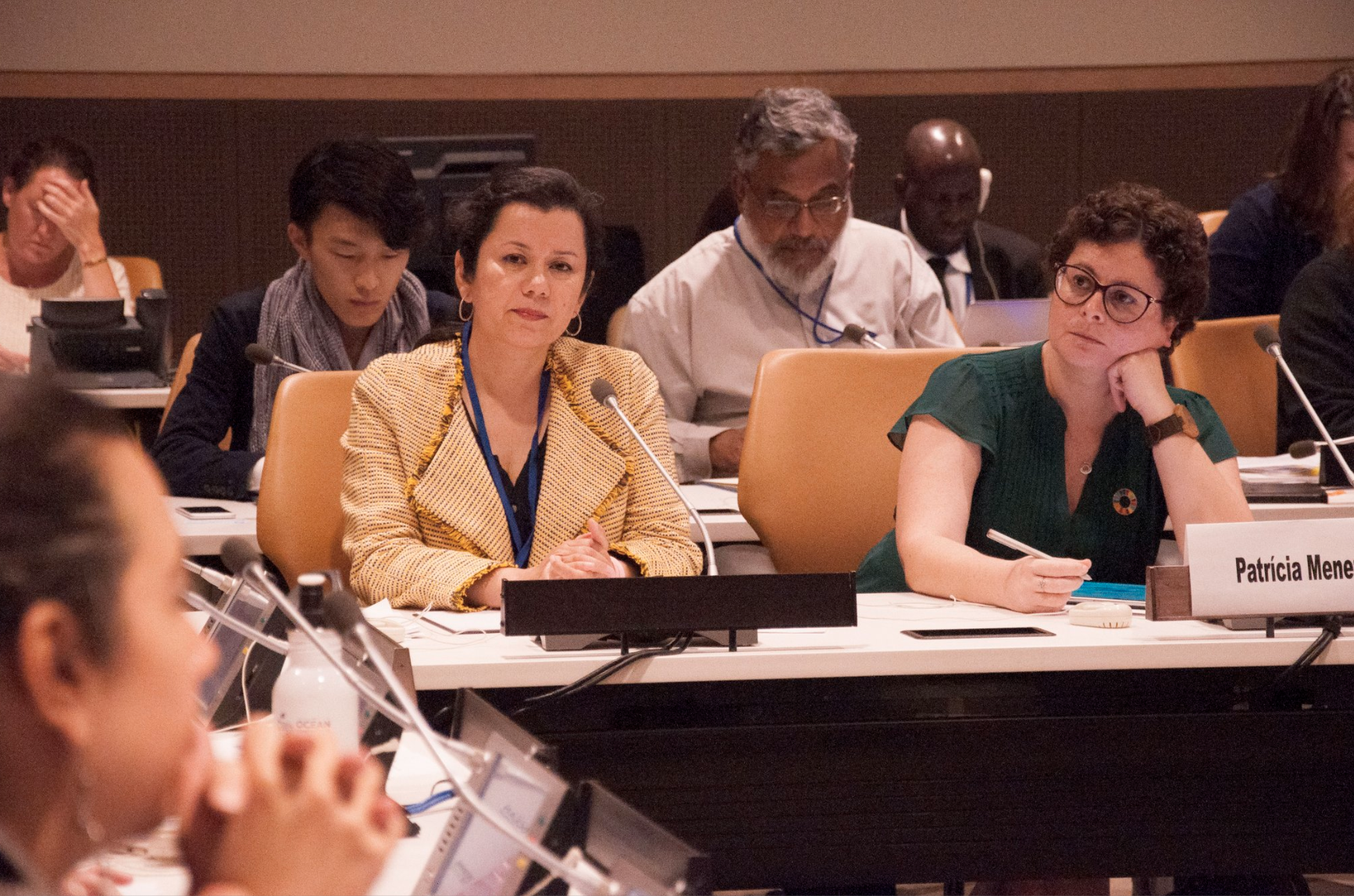ImpactAlpha, July 23 – One thing to know about economies in low-income countries like Angola, Senegal, Myanmar, Bangladesh and Zambia: They can grow fast. The estimated gross domestic product growth of the world’s 48 least developed countries was higher than projected global growth last year. Still, investments in such markets carry real or perceived risks that keep much private capital on the sidelines.
Public and philanthropic investors helped mobilize more than $9 billion in private capital between 2012 and 2017 by deploying a variety of risk-mitigating and concessional instruments, according to “Blended Finance in Least Developed Countries,” a new report from UN Capital Development Fund. “The risks of investing in fragile and conflict-affected states are high,” writes Cordaid’s Izabella Toth and Romy Miyashiro. “While the risks are higher in these contexts, the return on investment could potentially be higher and the impact greater, as access to finance can contribute to inclusive local economic development and hence to greater stability.” What’s working:
- Local presence. The Yield Uganda Investment Fund, managed by Uganda-based Pearl Capital Partners, uses European Union grants for first lost capital and technical assistance. The fund mobilized attracted EUR 10 million ($11.2 million), including EUR 2 million ($2.2 million) from a Ugandan pension fund. The fund’s local funder manager has helped mitigate potential risks associated with individual investments and is able to provide consistent support to investees.
- Guarantees. One way to mitigate risk is to guarantee against it. The most effective tool public and philanthropic investors have at their disposal are credit and risk guarantees, which have attracted 63% of the total volume of private capital between 2012 and 2017. Angola, Bangladesh, Myanmar, Senegal and Zambia received over half of all private capital mobilized through guarantees. The World Bank’s Multilateral Investment Guarantee Agency is the largest private capital mobilizer, attracting 14% of all private capital in least developed countries.
- Business support. Technical and advisory support for small and midsize companies decreases failure rates and increases likelihood of growth and job creation (see, “Why business accelerators are good investments for global development”). Transactions targeting one or more least developed countries are more likely to deploy technical assistance alongside investment capital than those targeting other developing economies (49% versus 38% of all transactions).












